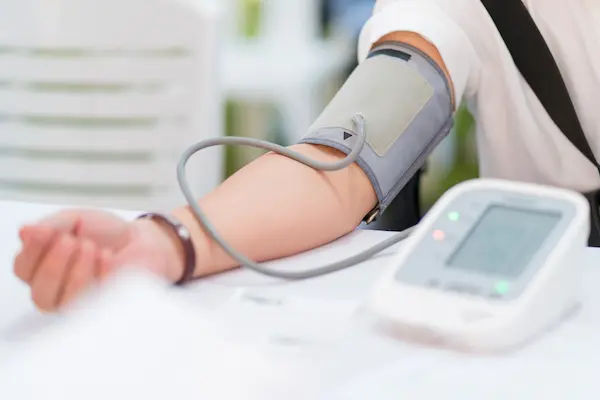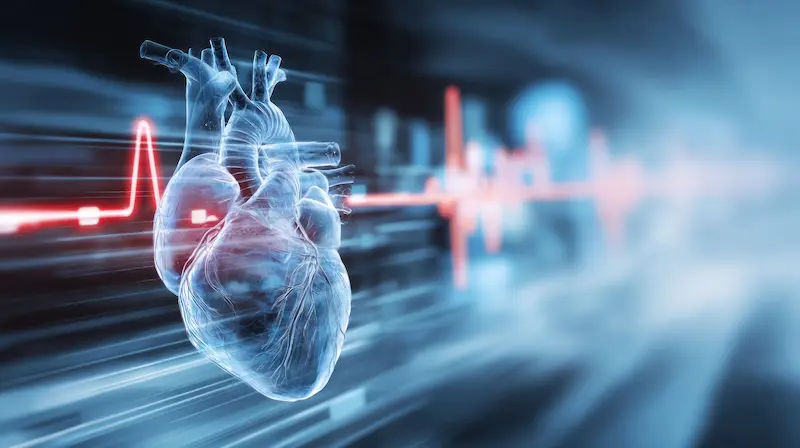- Female
- 31 Years
- 29/01/2025
I'm a bit confused about the difference between normal chest pain and angina pain. Is angina pain similar to what happens during a heart attack, but it goes away in like 3 or 4 minutes? And should I be worried if I feel pins and needles in my chest that only last for less than a minute?
Answered by 1 Apollo Doctors
Chest pain can have various causes, including musculoskeletal issues, gastrointestinal problems, or cardiac conditions like angina. Angina pain is typically described as a pressure, squeezing, or tightness in the chest that may radiate to the arms, neck, jaw, or back. It is often triggered by physical exertion or emotional stress and usually subsides with rest or medication like Nitroglycerin. Angina pain is not usually as severe or prolonged as a heart attack, which typically lasts longer than 3 to 4 minutes and may be associated with other symptoms like shortness of breath, sweating, nausea, or lightheadedness. Pins and needles sensation lasting under 1 minute is usually not a cause for concern and can be due to temporary nerve compression or poor circulation. However, if you experience persistent or recurrent pins and needles, especially associated with other symptoms like weakness, numbness, or difficulty speaking, it is important to seek medical evaluation to rule out more serious conditions like a transient ischemic attack (TIA) or peripheral neuropathy.
Dr. Chandra Suggests...
Consult a Cardiologist
Answered 04/07/2025
0
0

More Cardiology Health Queries
View allOne of my friends, she's 24, and her heart rate is always between 100 and 105 beats per minute. Is this something normal, or should we be worried about it?
A resting heart rate of 100-105 beats per minute in a 24-year-old individual may be considered higher than normal. It is recommended to monitor her heart rate regularly and consult a doctor for further evaluation. In some cases, medications such as Metoprolol (25-50mg) may be prescribed to help lower the heart rate if necessary.
Answered by 1 Apollo Doctors
I'm having chest pain that's really concerning me. When I press the center of my chest with my finger, it hurts, and sometimes I feel pain on the left and right sides too, but other times there's no pain at all. Even when I cough, it's like the pain flares up in my chest. Lately, I've also been experiencing some back pain. I have had diabetes for the past 10 years and have been on Novamix 30 insulin. Could you suggest any medication or remedies for relief?
do chest xray
Answered by 1 Apollo Doctors
I've just got my health check-up results and a few things look off, particularly my cholesterol levels. My total cholesterol is 189 mgdl and triglycerides are 249 mgdl, with non-HDL cholesterol at 153 mgdl and VLDL cholesterol at 49.8 mgdl. I'm really concerned about how critical these numbers are and what I should be doing next. Is there a particular specialist I should see, or any specific steps you would recommend for someone my age? I'm 30 and just trying to figure out the best way forward.
"Based on your lab results, your Total Cholesterol level is 189 mgdl and Triglycerides level is 249 mgdl, which are both elevated. To address this, I recommend starting with lifestyle modifications such as a healthy diet low in saturated fats and sugars, regular exercise, and weight management. In addition to lifestyle changes, you can also consider medication to help lower your cholesterol levels. I suggest consulting with a healthcare provider, such as a cardiologist or a general physician, who can prescribe you a medication like Atorvastatin (brand name Lipitor) at a suitable dosage to help manage your cholesterol levels. Regular follow-up appointments with your healthcare provider will be important to monitor your progress and make any necessary adjustments to your treatment plan. It's also essential to continue monitoring your lipid profile regularly to track your improvement. Remember, these are just general recommendations based on the information provided. It's important to consult with a healthcare professional for personalized advice and treatment."
Answered by 1 Apollo Doctors
Disclaimer: Answers on Apollo 247 are not intended to replace your doctor advice. Always seek help of a professional doctor in case of an medical emergency or ailment.




